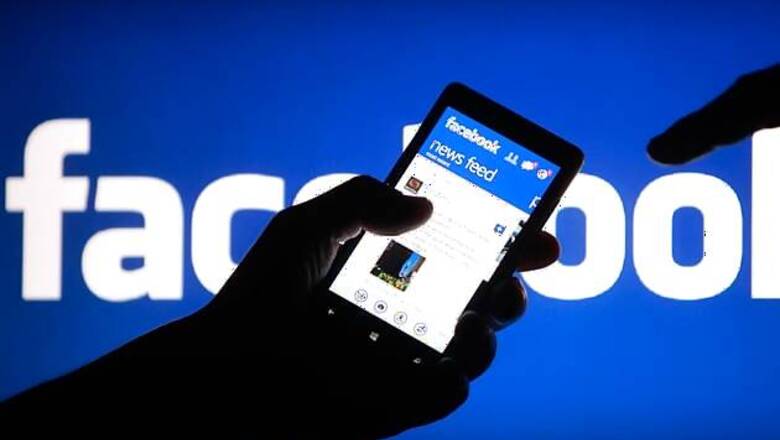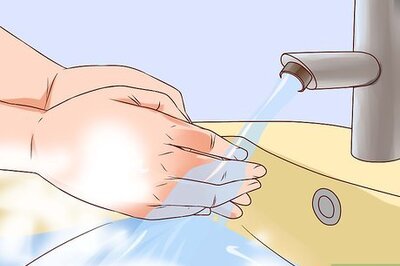
views
Washington: Some features of Facebook, which allows us to stay connected, may be making us self-centred and less empathic towards others, a new study suggests.
The study by Dr Tracy Alloway, from the University of North Florida, investigated the relationship among adult Facebook users, between ages 18 and 50, and found that some Facebook features are linked to selfishness and some activities may encourage empathy.
Alloway and her team conducted a study, published in the journal Social Networking, of more than 400 individuals and asked them a range of questions about their Facebook behaviours.
Participants in the study used Facebook an average of two hours per day and had approximately 500 friends for both males and females. The majority - 89.5 per cent - reported they were included in their profile photo.
To assess how narcissistic they were, participants were given a standard narcissism questionnaire, where they had to choose between statements that best described them.
The study showed only one Facebook behaviour accurately predicted narcissism levels: user profile picture ratings. For males, only their profile picture ratings were a predictor of narcissism.
For the females, both their profile picture ratings and their status update frequency predicted their narcissism. The profile picture is the most tangible aspect of a user's online self-presentation, making it a touchstone for narcissists seeking to draw attention to themselves.
The study also showed that there were differences between the sexes. While men were more narcissistic according to the test, narcissistic women were more likely to rate their profile pictures as more physically attractive, glamorous and cool.
Females also changed their profile picture more than the males, updating their photo once every two months, compared to once every three months for males.
This may mean that narcissistic women are more likely to use Facebook as a reflecting pool than narcissistic males. However, Alloway noted that many other Facebook activities weren't linked to narcissism.
"The number of friends they had, even how often they posted photos of themselves weren't related to narcissistic tendencies," she said.
"This pattern suggests that while Facebook may be a tool for narcissists, it's more than just a reflecting pool," she said.


















Comments
0 comment